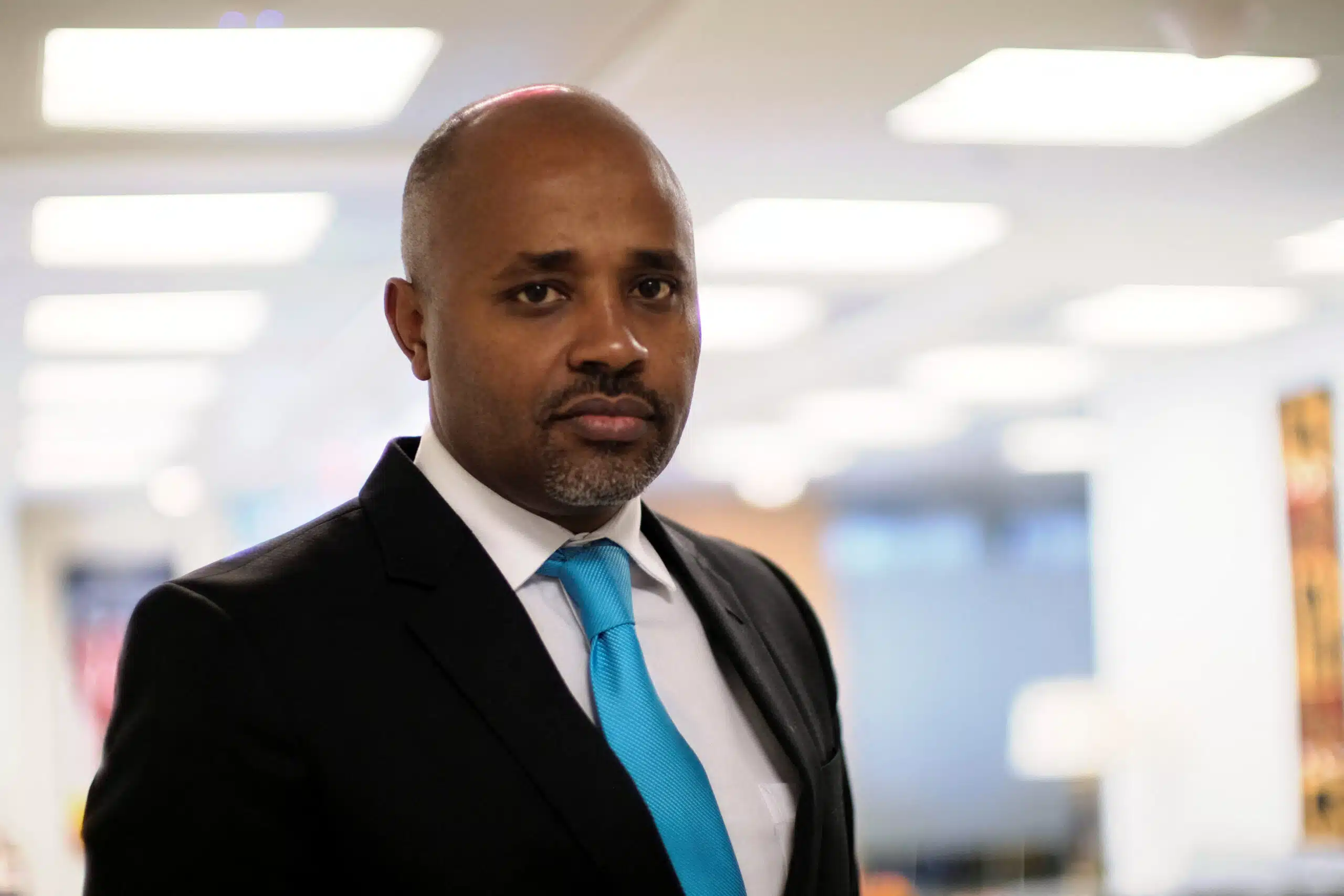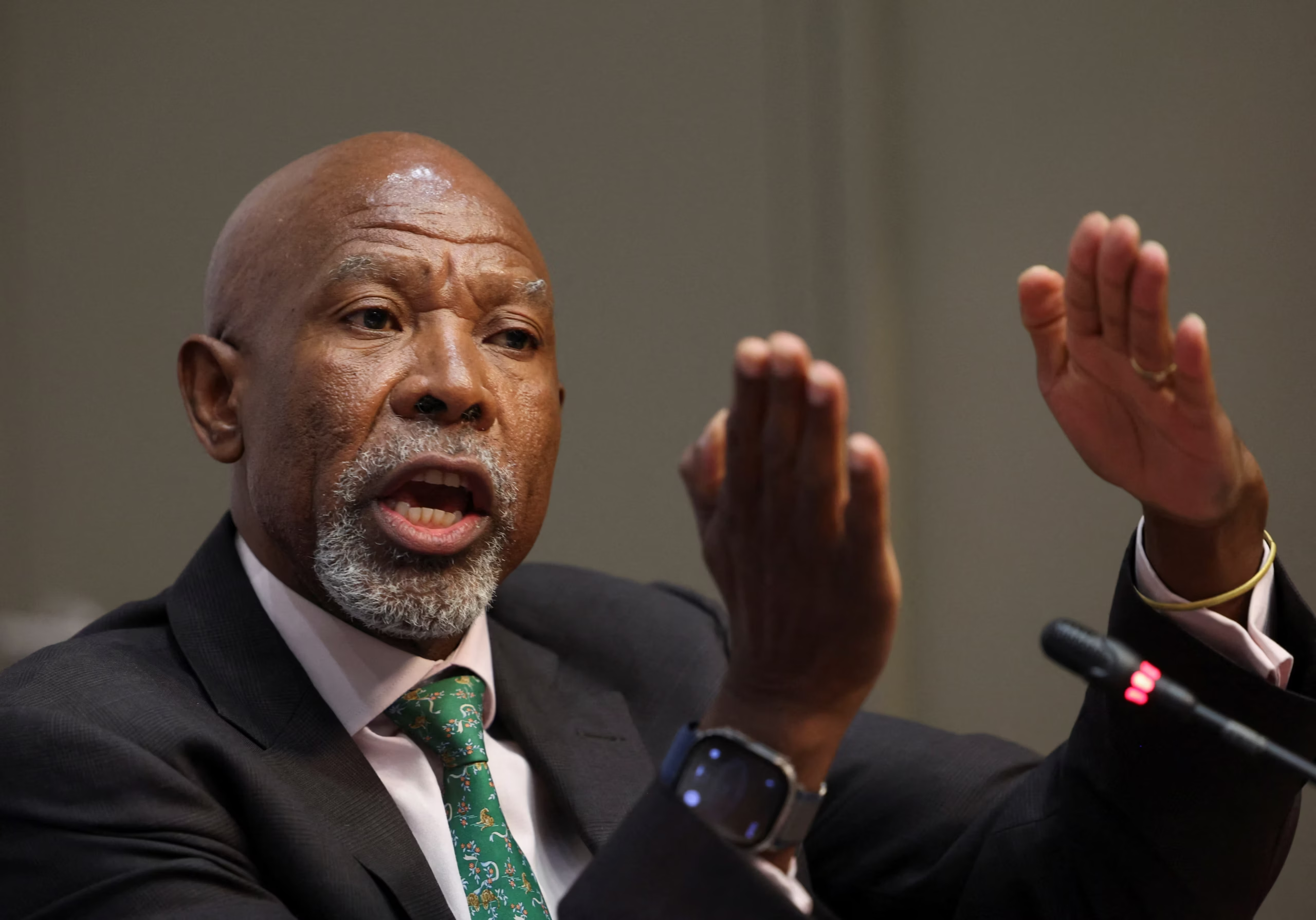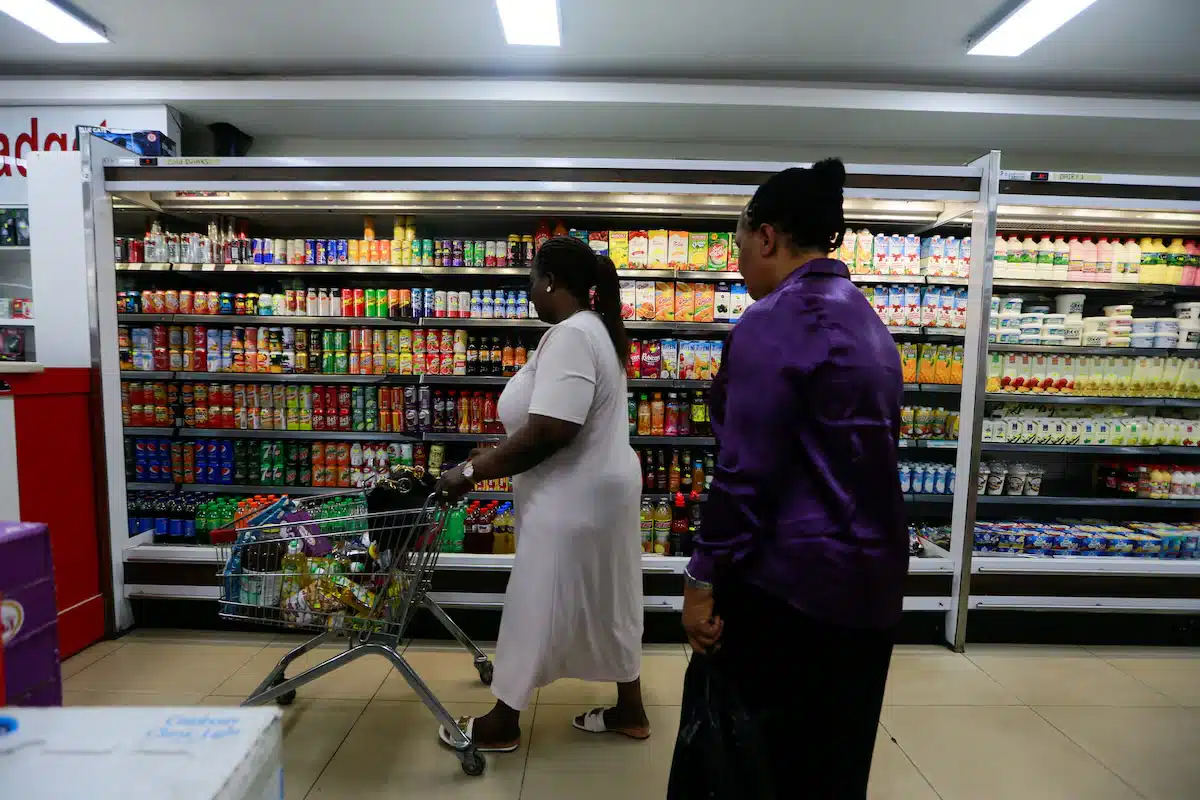Japan Credit Rating Agency (JCR) has affirmed the African Export-Import Bank’s (Afreximbank) A-issuer credit rating with a stable outlook, citing its pivotal role in trade finance and economic development across Africa and the Caribbean.
In a statement, the agency said the rating reflects Afreximbank’s strategic positioning, robust risk management, consistent profitability, prudent liquidity policies, and resilient capital base.
JCR expects the bank to maintain stable ratings over the next 12–18 months despite macroeconomic headwinds and pressures in its operating environment.
The move contrasts with recent actions by Fitch and Moody’s, which downgraded the multilateral lender. In June 2025, Fitch cut Afreximbank’s rating to BBB- with a negative outlook, pointing to its exposure to debt-distressed African sovereigns and weak risk controls.
Moody’s followed in July, lowering the rating to Baa2, two notches above junk, citing similar concerns. Both agencies flagged heightened credit risks under the G20 debt framework, rising Non-Performing Loans (NPLs), and the bank’s growing shift to unsecured lending.
NPLs hit a record of 7.1% in 2024, easing to 2.5% in the first quarter, though Fitch disputed the figures as understated. The agencies also warned that Afreximbank’s eroding funding quality could undermine its ability to raise capital and finance development projects.
In response, Denys Denya, Senior Executive Vice President, said: “This rating is a testament to the Bank’s resilience and strategic focus, enabling us to mobilise resources to drive trade and development in Africa and the Caribbean.”
He added that JCR’s rating underscores Afreximbank’s strong fundamentals and supports its push to diversify funding sources, including tapping into Japan’s capital markets.
Afreximbank has been working to broaden its global funding base. In the fourth quarter of 2024, it issued a JPY 81.3 billion ($530 million) Samurai bond, attracting strong demand from Japanese investors.
In February 2025, it also engaged with Chinese authorities and global investors at the World Economic Forum in China, securing approval from the People’s Bank of China and appointing market advisers, while strengthening ties with investors in the US, Europe, and Japan.










